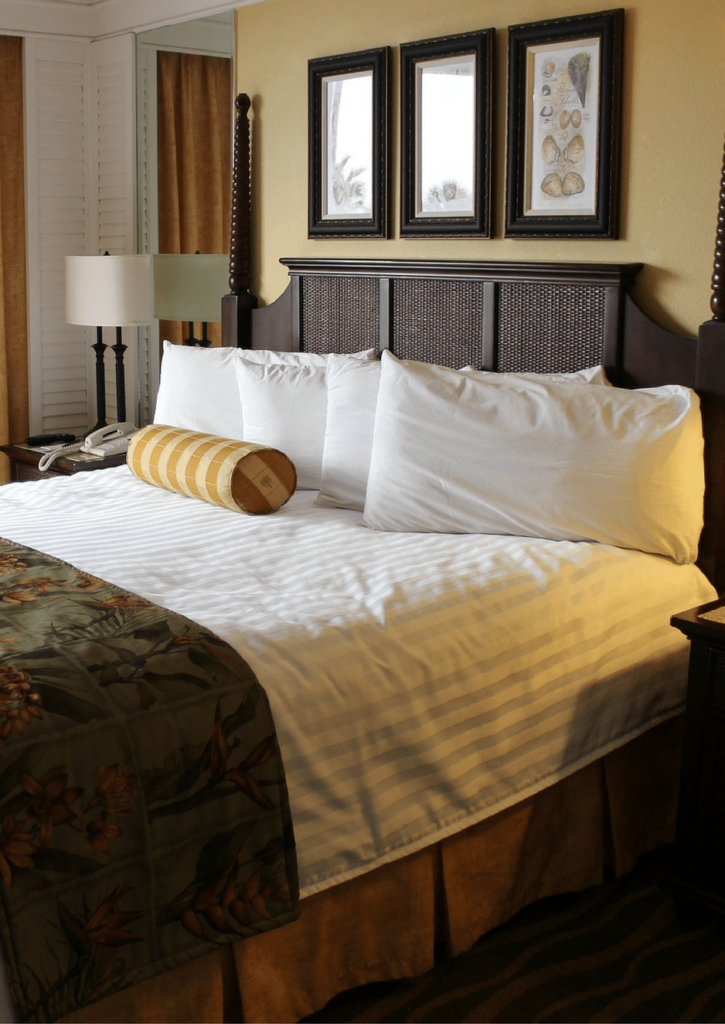Have you ever wondered how lucrative hotel ownership can be? With nightly room rates often reaching hundreds of dollars at high-end hotels, it’s natural to assume owners are raking in big profits. But the reality is far more complex. Let’s delve into the different factors impacting bottom lines to better understand the earning potential for hotel owners.
Are You Looking For Best 18+ Hotel To Stay?
Check out Our Guide on the Best Hotels With 18+ check-ins in the United States.

Hotel Costs and Expenses
While nightly rates might appear high, when you operate a hotel, costs add up quickly:
- Staff wages and benefits
- Property taxes and insurance
- Mortgage payments
- Utilities like electricity, gas, water, wifi
- Room supplies and toiletries
- Food and beverage ingredients
- Building and ground maintenance
- Marketing and commissions to online travel agencies
- Credit card processing fees
- Professional services like legal and accounting
So out of every dollar made, a hefty chunk goes right back out the door to cover the considerable overhead expenses involved with running a 24/7 lodging operation.
Profit Margins Vary by Hotel Type
Hotels range from small independent boutiques to massive Vegas resort complexes, so potential profits have huge variability. But across the hospitality industry, here are typical pre-tax profit margins:
- Budget hotels: 5-10% profits
- Mid-range hotels: 10-15% profits
- Upscale hotels: 15-25% profits
- Luxury hotels: 25-35% profits
As you can see, luxury and upper-upscale hotels generate the healthiest profit margins, while economy and budget properties earn the thinnest slices per room sold.

Hotel Owner Salaries
The majority of hotel owners operate as independent franchisees with major brands like Marriott or Hilton.
For franchise owners, studies show average annual salaries range from about $60,000 for a small hotel up to around $175,000 for a large luxury hotel. Several million in profits is possible for a top-tier luxury or resort property in prime destinations.
The highest earning hoteliers usually own multiple hotel properties to benefit from economies of scale. Expanding into a small regional chain with a mix of hotel types often proves the most financially lucrative model over single hotel ownership.

Additional Revenue Streams
Savvy hotel owners maximize earnings potential by incorporating additional on-site amenities that generate incremental revenue:
- Event venues for weddings and meetings
- Restaurants and bars
- Spas and wellness centers
- Retail shops
- Tour desks and concierge services
- Parking garages and valet
- Equipment rental for recreation
Diversifying offerings beyond pure lodging helps drive overall hotel profitability.
So while rack rates might suggest sky-high profits, the truth is successful hotel ownership requires tremendous time, resource investments, hands-on effort and business acumen.
For hospitality entrepreneurs with the drive and skills to thrive in the industry, a hotel can deliver solid long-term returns through wise financial management.
